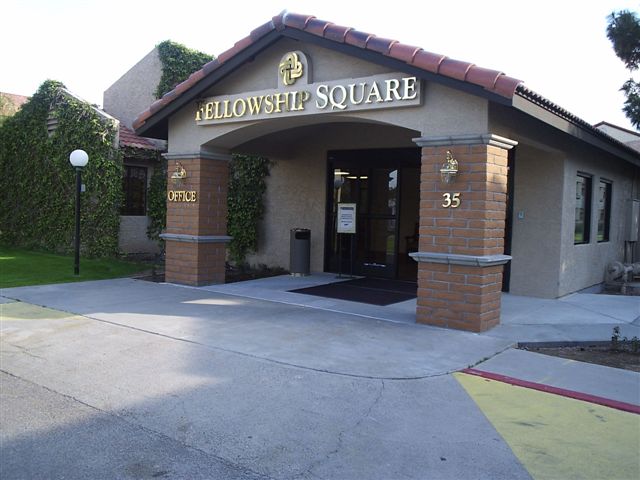Brain Health Awareness Month
Think Smart in Honor of Brain Health Awareness Month
June is recognized as Alzheimer’s and Brain Awareness Month. According to the Alzheimer’s Association website, this is a time for people to take charge of their brain health and join in the fight to end Alzheimer’s and all other dementia. Currently, 55 million people around the world are living with Alzheimer’s or another dementia. The Alzheimer’s Association encourages people to take action and commit to taking charge of their brain health.
Here are some tips offered by the Alzheimer’s Association and Fellowship Square Historic Mesa:
Challenge your mind—“Put your brain to work and do something that is new for you. Learn a new skill. Try something artistic. Challenging your mind may have short- and long-term benefits for your brain,” according to the Alzheimer’s Association. Whether working on a puzzle or brain teaser book, taking a class, or starting a new hobby, there are endless ways that seniors can enjoy challenging their minds at Fellowship Square Historic Mesa.
Keep Learning—Education reduces the risk of cognitive decline and dementia, and you are never too old to keep learning! Visit the local library, enroll in a community class or an online workshop, read about a topic that interests you, and engage in conversation with others. Learning about the world through other people’s eyes can also be a very eye-opening source of education.
Maintain your blood pressure—Talk with your doctor about medications to help lower high blood pressure, eat a nutritious diet, and maintain your physical activity.
Move and groove—Activities that raise your heart rate and increase blood flow to the brain and body are essential at every age. Building more movement into everyday life can help you maintain a healthy brain. Movement doesn’t have to involve strenuous exercise. It can be fun! Think about a dance class, gardening, swimming, yoga, tennis, pickleball, or simply taking a brisk walk around the community with a friend or neighbor. Make sweating social, and it won’t seem like a “work” out!
Protect your brain (and your head)—When biking, always wear a helmet, buckle up in the car, and be cautious to avoid falls. Protect your brain and your whole body!
Quit smoking—If you smoke, remember that it’s never too late to quit and there are resources to help.
Manage diabetes—Prevent and control Type 2 diabetes by eating a healthy diet, increasing physical activity, and managing medication as directed by your doctor.
Eat right—Eating to fuel your body and protect your health is essential, and eating healthier foods can help reduce your risk of cognitive decline. Consider adding more vegetables, leaner meat and proteins, and foods that are less processed and lower in fat to your diet. Find healthy meals and snacks that are good for you and that you enjoy, too.
Maintain a healthy weight—Eating right and exercising regularly should help you maintain a healthy weight. If you are looking to lose weight for brain health, ask your doctor about a specific plan tailored to you.
Get some rest—Quality sleep is vital for overall wellness, including brain health. If you struggle to get some shut-eye, shut down the screens a few hours before bedtime and limit your exposure to blue light (from computer screens and televisions). Instead, read a book, take a soothing bath, or sip some warm tea.
Some changes in your ability to think happen as people age and can be a normal part of getting older, but some cognitive decline goes beyond that and may be a sign of Alzheimer’s disease or other dementia. Taking these steps can help slow normal cognitive decline. If you think you or a loved one may be experiencing decline beyond what is deemed “normal,” visit your doctor and share your concerns.

